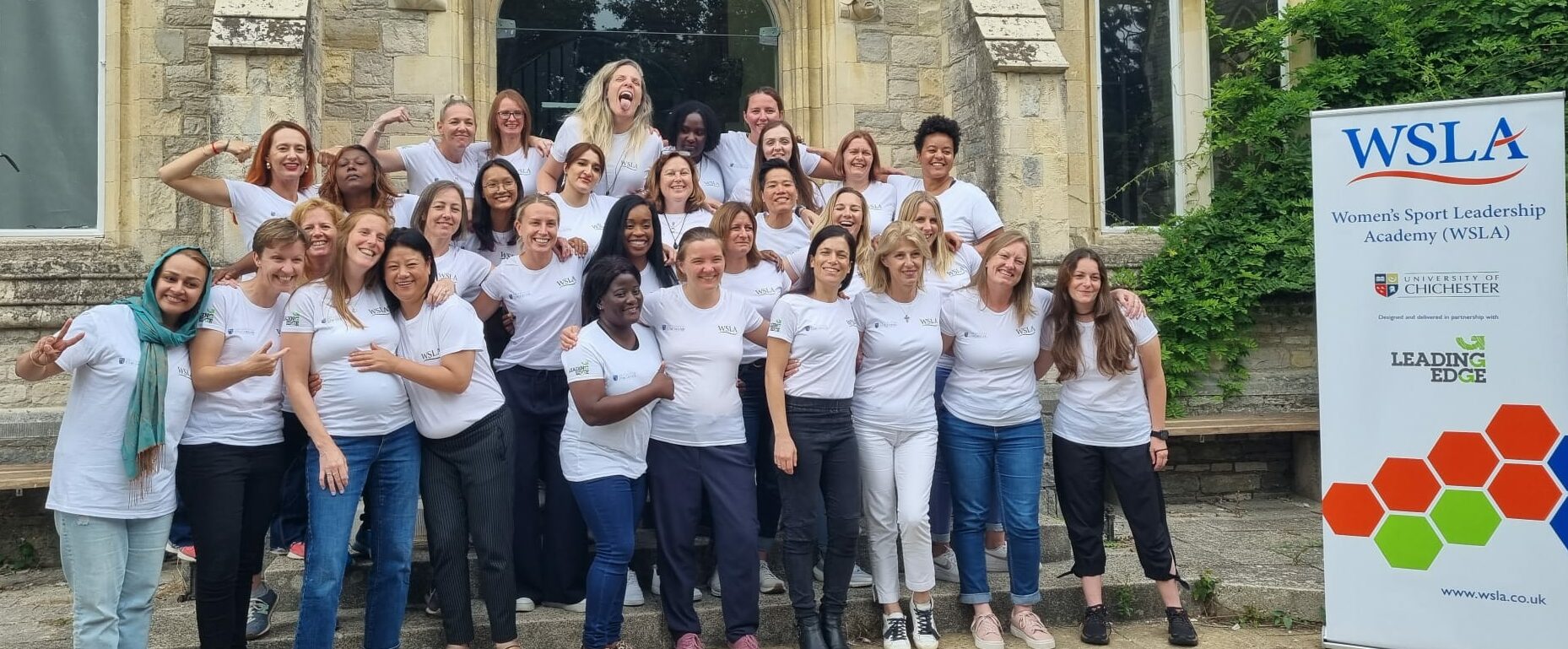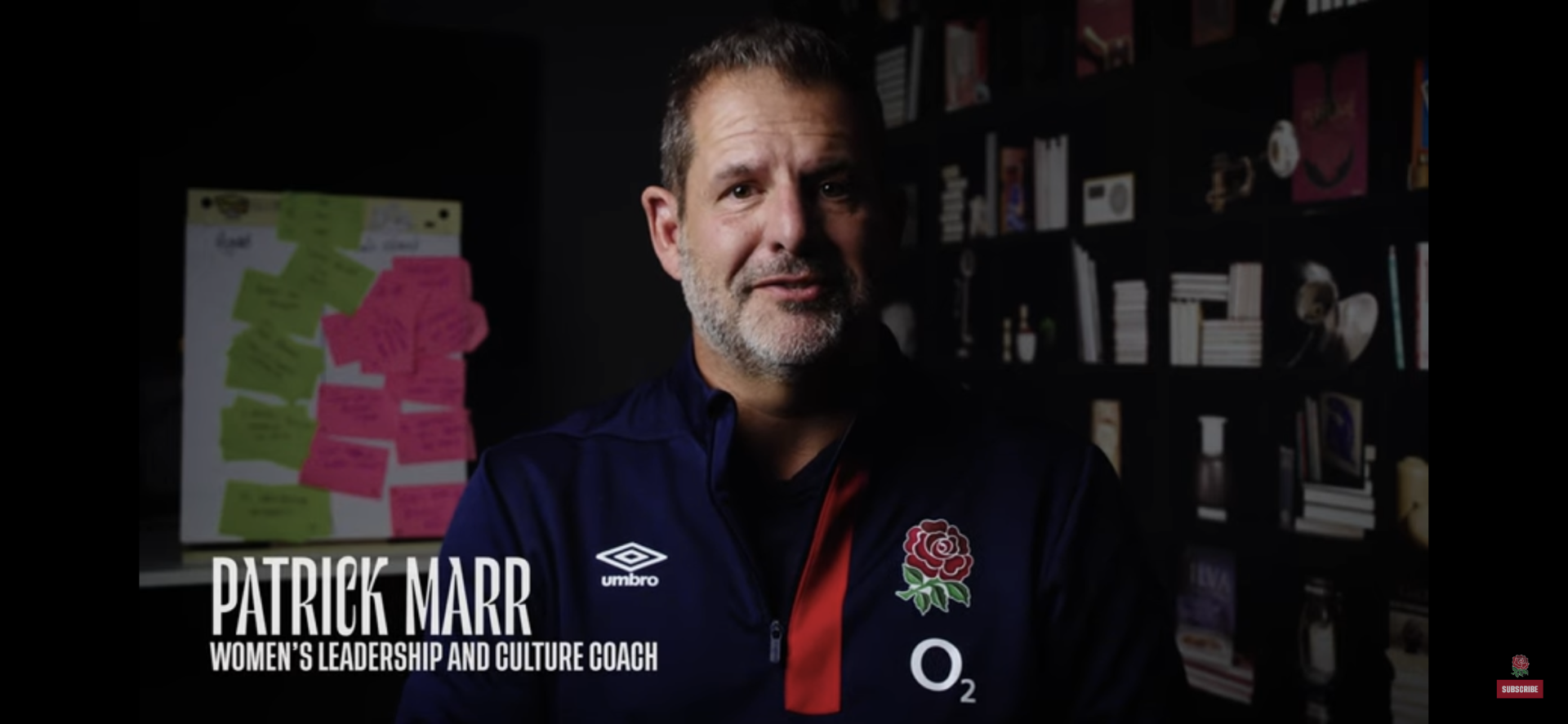Connect with us on LinkedIn for updates and the latest industry news
I’m writing this following the England Under 20s Rugby match against France – the last of the Six Nations tournament. It’s been such a privilege to continue to work with this talented young group of players as their Culture & Leadership Coach, and I’ve loved getting to know them and seeing them develop as rugby players and as people.
As a fan, we might judge the success of a tournament on the number of wins or the results table as a whole. However, the purpose of England Under 20s is much broader than this: our declared aim is to tactically adapt to win. It’s all about driving good behaviours around learning, both from the good things and, crucially, from adversity; it’s about embracing adversity as a friend.
This purpose is clearly set out in a pathway structure that builds from explore the boundaries of players’ capabilities at U18 level and below, to tactically adapt to win for the U20s, before being described in just one word – win – at senior level.
So when you look at it like that, it’s easier to deliver on your purpose when every match isn’t a straightforward win, and when adversity and hardship provide those all-important opportunities to review and tactically adapt to win.

Strength in adversity
Drawing parallels between sport and business while helping our clients to transfer learnings from one to the other is a big part of what we do at Leading Edge. And I do think that sport at this level is better than business at embracing adversity, acknowledging that an easy ride doesn’t help anyone to learn and grow, and valuing how ‘working stuff out for themselves’ is essential for people development. In this environment, we would go as far as to create that adversity to support learning. Would we be brave enough in business to allow people to fail to get a broader learning?
I’ve been so impressed with the U20s coaching team in their ability to encourage players to evolve and resolve issues. Take a half-time coaching discussion, for example. In reality, a 15-minute half-time is just 12 minutes – and in those jam-packed minutes, coaches will often prioritise the first 4 on valuing time to draw breath and individually reflect. Then, they’ll help players in small units to work out new tactics. They don’t tell them how to play (which might be a first instinct); they lead the questioning and draw out the solutions, moving the emphasis onto the players.
Good coaches know the benefit of letting people work it out for themselves, giving them the confidence to adapt their thinking and get there on their own.
Valuing time
Rugby at this level is a pacy environment. The matches are big, watched by many, and the score is important – it stays forever. Training is therefore also intense with an aim of matching the pressure levels experienced come the weekend The ability to think quickly in a tight timeframe is required, and there’s also the recognition that it’s difficult to concentrate at that level for that period. ‘High intensity’ sums it up well.
One key thing I think business could learn from this environment is how much they value rest and recovery in order to be able to operate at this intensity, not just physically but mentally.
This notion of preserving time for wellbeing came up during the tournament linked to a 45-minute session I’d planned with the players. On the morning, the Head Coach challenged me to deliver it in just 10 minutes – I was happy to adapt, of course, but I wanted to know what was being valued above mental skills. Turns out he wanted time for the players to snooze, chill out – maybe have some time on the Xbox. In business, when I’m asked to save time in a meeting it’s usually to pack more meetings in. Imagine the benefits if we made some of our 1-hour meetings just 20 mins and gave our teams that time back to rest and recover in their own way.
This is a great reminder of how the output of a quick session can be just as good as that of a longer one, but only if the time around that intensive session, where lots of information needs to be assimilated, is preserved for recovery. And only if there’s a clearly defined purpose that sets people up for success.
I think it’s a valuable thought for business environments around how to get the best from, and the best for, individuals and teams.
Leading Edge have been privileged to work with England Rugby for a long time and were involved in facilitating the pathway wording a few years ago, helping to align on the language. Often, when you have an established relationship with a client, you get to see things in different iterations. It was a great personal moment for me to be working with a group of young players who were striving for a purpose that I’d been involved with creating, and that has stood the test of time.
Well done to everyone involved in the Under 20s Six Nations, and thanks to England Rugby for allowing me to play a small part in the development of these awesome young men.




